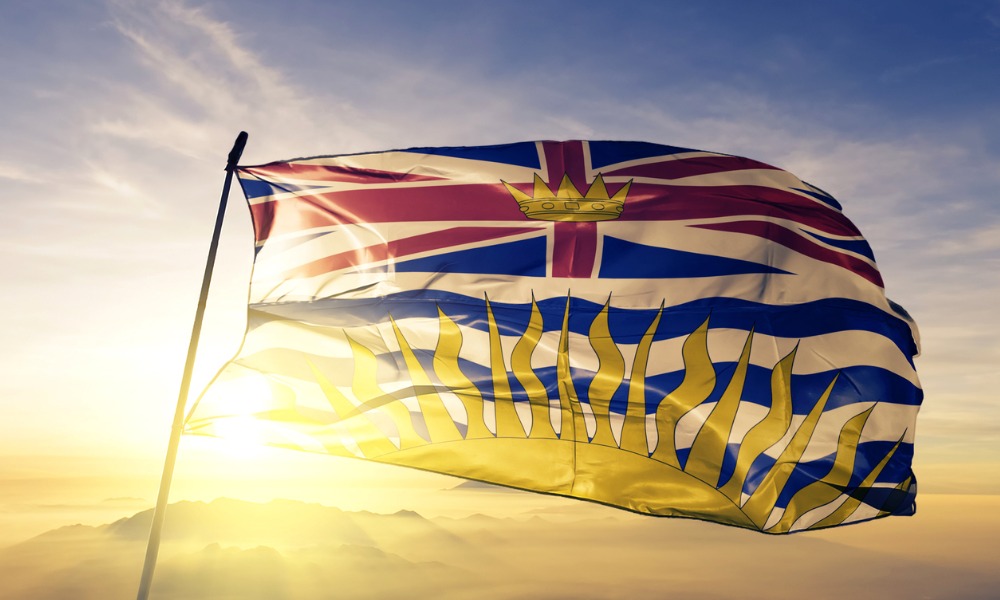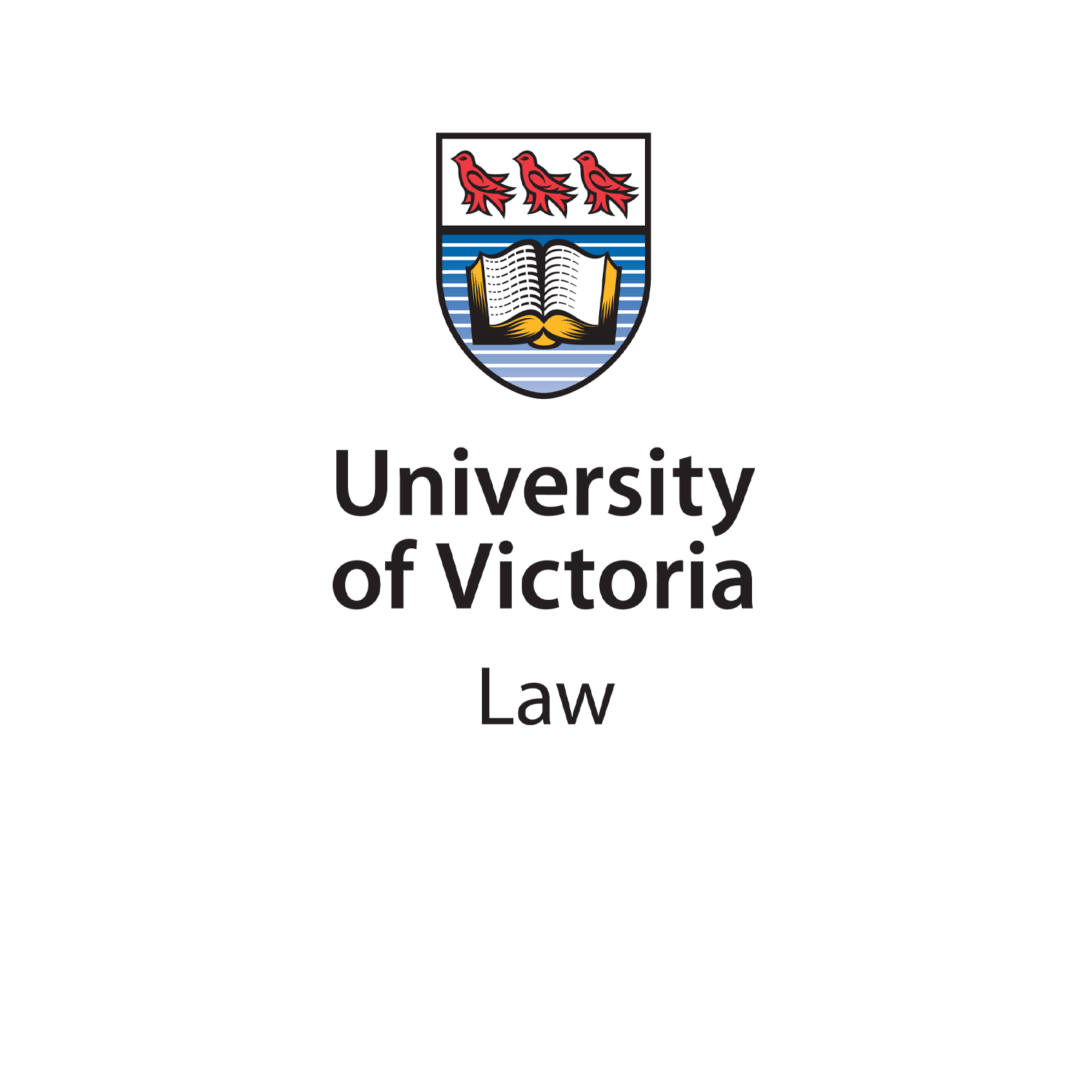
Read about the various law schools in British Columbia, the degrees or law programs that it offers, and its process of admissions

Over the continuing growth of the legal profession in British Columbia (B.C.), lawyers are becoming more and more in demand in the province.
To help future lawyers of the province, and those from the other provinces who want to study in B.C., this article will discuss the various law schools in British Columbia.
Lawyers in B.C. may also refer to this article especially if you wish to pursue graduate studies or further education.
Each of the law schools in British Columbia that offers the Juris Doctor (JD) degree program would have their own admission requirements and application process.
But common among them would be the following:
Typically, law schools in British Columbia require a 3-year full-time study for its JD degree program. This is through in-person classes, with adjustments for some students who enrolled through certain admission categories.
This 3-year period does not include the prior bachelor’s degree required for admission. It also does not include the period for articling (9 months) and writing the bar exams.
Among the 24 law schools in the country, there are 3 law schools in British Columbia which offer the JD degree program and other graduate studies. You’ll find other colleges and universities that offer bachelor’s degrees related to law further below.
Check out our complete list of Canadian Law Schools 2023/24, which also features law schools in the other provinces.

The Peter A. Allard School of Law of UBC offers the JD degree program and other graduate legal studies, that infuses traditional fields of law and areas of legal specialization.
Located in Vancouver, UBC's Allard School of Law prides itself in its Indigenous legal education, along with unique international law studies, and other fields necessary for an equipped JD graduate. It also involves its law students with its experiential learning through legal clinics, moot courts, and externships.
Aside from its JD degree program, its graduate programs include:
There are three admission categories, with different eligibilities, that first year applicants may choose from:
General Applicants:
Discretionary Applicants:
Indigenous Applicants:
Watch this video to know more about the graduate programs of UBC’s Peter A. Allard School of Law:
Allard Law also offers an online law degree for students who prefer that option.

One of the law schools in British Columbia that mainly offers the JD degree program is the Thompson Rivers University – Faculty of Law (TRU Law).
Although a relatively small law faculty, TRU Law equips students from foundational Canadian law to actual practice with its legal clinics, competitive mooting, and its TRU Law Review.
TRU Law has three applicant or admission categories, which aims to welcome a diverse group of students:
Interested applicants must submit:

University of Victoria’s Faculty of Law (UVic Law) is among the law schools in British Columbia which offers numerous law degree programs. Aside from its JD program, UVic Law also offers graduate programs, such as:
It also offers a joint degree of Juris Doctor and Master of Public Administration (JD/MPA).
With its strong ties in Indigenous studies, UVic Law boasts of a Joint Degree Program in Canadian Common Law and Indigenous Legal Orders (JD/JID). This 4-year joint degree program is a merger of Canadian common law and Indigenous legal system.
Applicants may choose from the three admission streams offered by UVic Law:
There are also other universities and colleges in BC that offer undergraduate (bachelor’s) degrees. There are also other courses, programs, diplomas, or certificates related to law or other legal fields:
These are different from the pre-requisite JD degree program to become a lawyer, as offered by the above-mentioned law schools in British Columbia.
Still, some of these can serve as a law student’s bachelor’s degree before enrolling in a JD degree program. It may also be a career opportunity to become paralegals, or for other professionals who want to expand their legal knowledge of their field.
If you have any questions about the different law schools in British Columbia, feel free to drop them in the comment section below.